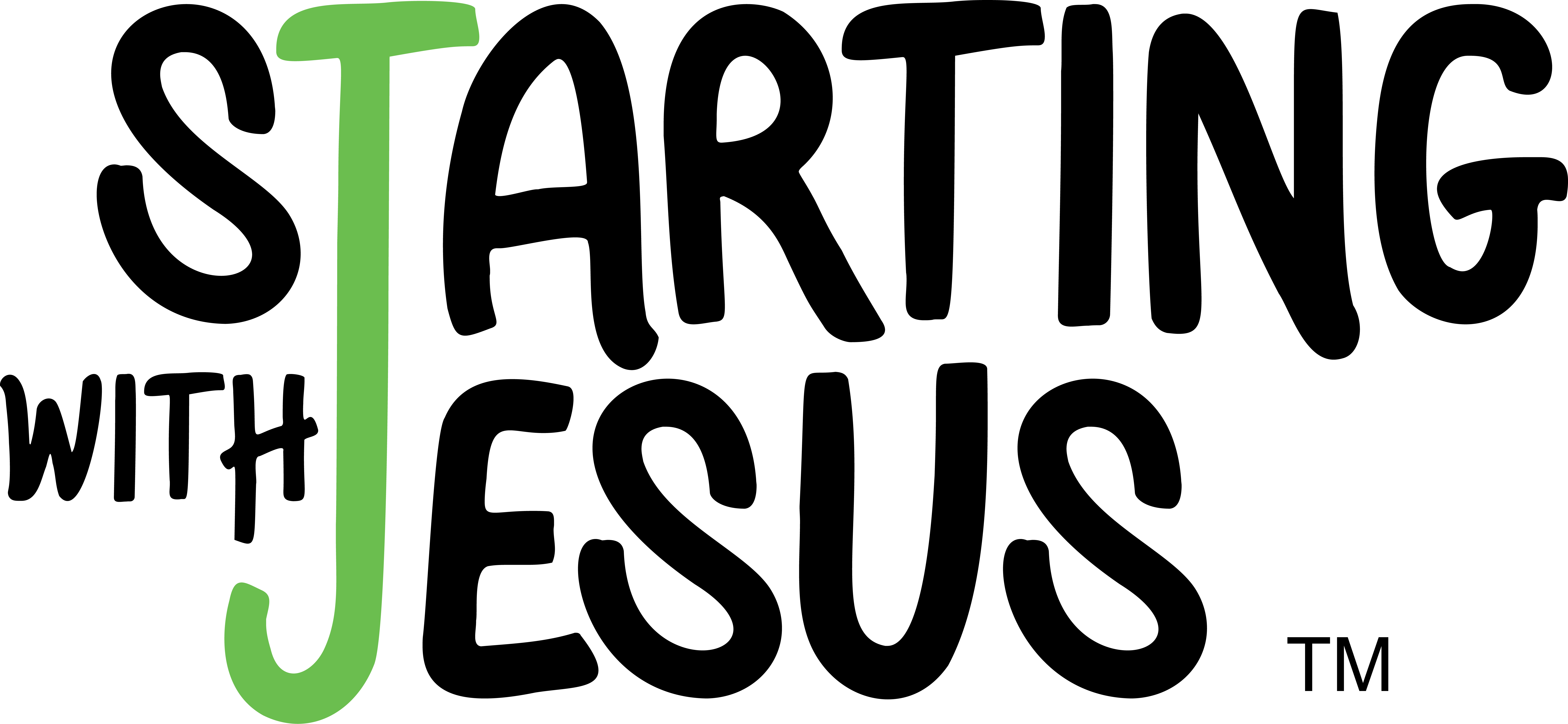

Lesson Fifty Two
LEARNING HOW TO FORGIVE
To receive this weekly devotional and other content for your spiritual renewal, subscribe to our new Renew Newsletter.
Memory Verse: Luke 6:37
Further Study: Matthew 18:21-35; Christ’s Object Lessons, pp. 243-251; The Bible Story, vol. 8, pp. 91-93, 128-130
Recently someone stayed overnight at my house. The individual cut themselves in the night and as a result there were blood stains on the light yellow sheets. Blood wasn’t in one area, but large splotches in multiple places. Unable to hide the situation, the person apologized profusely, offering to buy new sheets. It didn’t take me a second to dismiss their concerns. They were only sheets. All was forgiven. I had to admit the sheets were a mess and the temptation to toss them was great, but with a few tried and true blood stain-removing methods, the sheets emerged stain-free as if nothing had ever happened.
As I pondered this week’s lesson on forgiveness I remembered those sheets. People say and do things, abuse, and hurt us sometimes resulting in serious consequences. Suddenly our souls are stained like those sheets. Big blotches of red that aren’t easily forgotten or removed.
Just as removing blood from fabric isn’t easy, neither is forgiveness.
Just as removing blood from fabric isn’t easy, neither is forgiveness. Forgiving my guest was an easy pardon, but if someone harms our child or a family member, forgiveness becomes challenging. What about the person who continually and repeatedly does the same thing against us? Forgiveness eventually can get old. Yet through a parable, Jesus tells us we should forgive repeatedly.
Briefly, a man was brought before a king and the king declared him a debtor. He owed so much that the king was going to sell him and his family to regain the cost. The debt the man owed was huge—more than he could possibly repay ever in his lifetime (see Digging Deeper). The man is shown mercy when the king forgives the debt. But then the first debtor finds a person who owes him much, much less. He tells the second debtor to pay, or he’d throw him in prison. The king heard of what happened and declared the first debtor a “wicked servant” and threw him into prison to be tortured.
The point Jesus was making was that we are the first servant. Our debt of sin is so large it cannot be repaid. Our sins are as “filthy rags” (Isaiah 64:6). Covered in blood sin makes us beyond cleansing in and of ourselves. But God offers forgiveness. He extends mercy that allows the stains to be removed as if they were never there.
He extends mercy that allows the stains to be removed as if they were never there.
In contrast, when someone does something to us that stains our souls, the blemish is so miniscule to what ours was before Jesus cleansed us, we can easily forgive those who’ve sinned against us. We forgive because we have been forgiven much.
I will be the first to admit this is hard to process. I think it’s because I’ve lost sight of my own sinfulness. As a Christian, I try to do good and be good to all people. It’s easy to think that comparatively I’m a pretty decent person. Jesus didn’t have to clean up much in me. When others hurt me or those I love, they become the “wicked” ones, not me. But that isn’t how it is. We’re all the same. My rags are filthy and so are theirs. We are all worthy of death. It’s only because Jesus forgives and washes my stains (sometimes several times a day) that I am presented clean and acceptable.
It’s not always easy to recognize that we are sinners. But it is the first step in becoming renewed.
Digging Deeper
In the parable the first debtor owed 10,000 talents. This is equivalent to 213.8 metric tons of silver! In 2023, when this devotional was written one metric ton of silver was equal to $777,565.80. The total of his debt today would be equal to $166,243,568.04. As one can see, this is a debt far too high to consider being able to repay.
As a contrast, the second debtor owed 100 denarii, which is about a third of a year of a man’s wages. If the minimum wage is on average $10/hour and a person works 8 hours a day, in 120 days, this man would owe about $10,000. While that is a lot of money to be in debt for, compared to the first debtor it is nothing.
Some commentators estimate the first debtor to owe even more into the billions of dollars. Thus, our debt from sin is equivalent, more than we could ever repay. Only with Jesus can it be erased. And as we live with other sinners on this planet, we are reminded that we are to forgive them because we have been forgiven much.
Making it Real
Forgiveness isn’t always an easy topic because we live in a sinful world where sinful people hurt others. To demonstrate forgiveness to your children (and to you) take a clean white piece of paper with a pencil and an eraser. Make a mark with the pencil on the paper. Then use the eraser to erase it. The mark represents what is often done to us. Sometimes the marks can be very dark or light, but an eraser can remove the mark. If you want to take it a step further, notice that the dark marks aren’t always easily erased—they leave a shadow. Even when we forgive someone, sometimes consequences remain for what was done.
To demonstrate Jesus’ forgiveness, take the pencil and color a very dark black area where the pencil is thick and black. Then take the eraser and attempt to remove it. It can’t be done. The paper is stained. But Jesus when He died on the cross, took away our sins, and it is as if they never were. If we ask Jesus will forgive us for our sins and we will be like new (demonstrate with a clean piece of paper). Use the clean paper to draw a wonderful picture of forgiveness.
_________
Merle Poirier writes from Silver Spring, Maryland, where she works as the operation manager for Adventist Review and Adventist World magazines as well as the designer for KidsView, a magazine for 8-12-year-olds. She enjoys spending time with her family including being a grandmother to two active little boys, who greatly enjoy Starting With Jesus, and a granddaughter, born in 2023. She is blessed to have all three living close by, continually bringing joy and delight.


